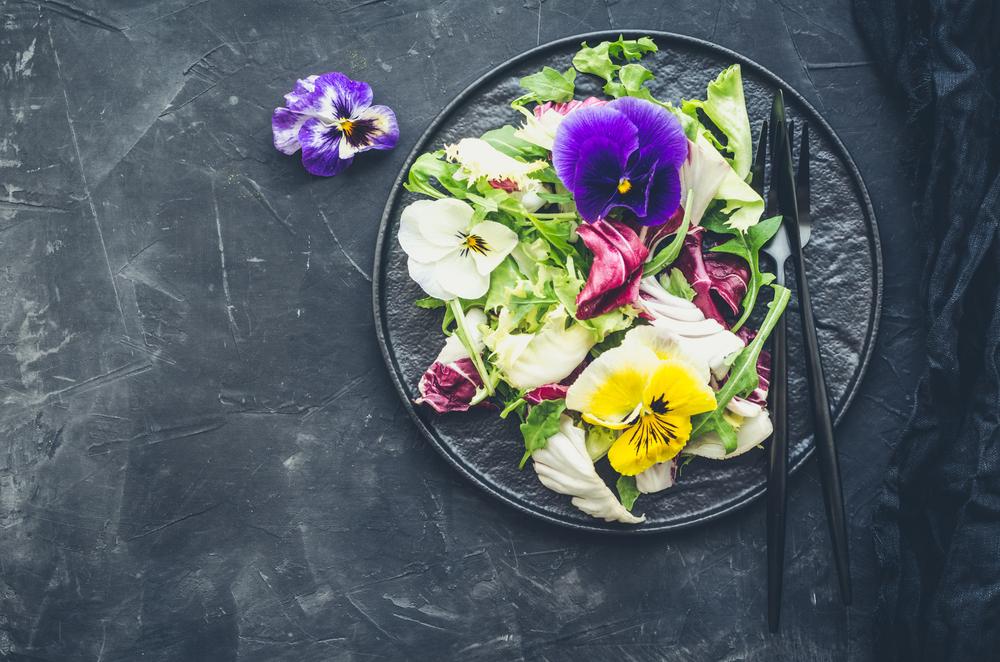When we think of food in the past, it is often images of Henry VIII with a table groaning with meat dishes that springs to mind. But in fact our ancestors knew more about the health benefits of eating salads—normally thought of as a cold dish of herbs or vegetables—than we might think.
By looking back to the sustainable self-sufficiency of the past, we find there is a lot we can learn about the variety of the historical salad dish, which costs next to nothing, has no carbon footprint, and might even be beneficial to our health.

